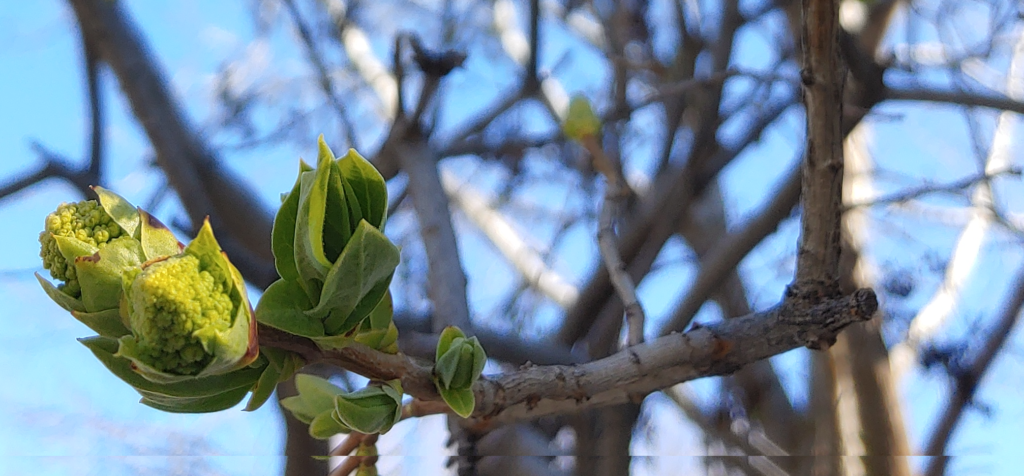
As the last vestiges of winter depart,
Leaving us looking forward to warmer weather and longer days,
We must also look to the health of our sinus and bronchial passages.
Spring flowers embrace us with beauty and fragrance, but
We may also become coated with POLLEN.
A-CHOO!
Here are some suggestions to remain snot, cough, and fatigue-free during the allergy season.
- Masks. Face Masks can reduce your inhalation of pollen. Consider a mask when pollen counts are high, when walking in windy weather, cleaning up the garden, or during fire smoke season. For chemically sensitive individuals, a N95 or equivalent standard mask can reduce unexpected exposure to fragrance.
- Here is an on-line resource to learn what type of pollen is the air: https://pollencount.app/
- You may also want to download any weather app that has pollen count info.
- Keep windows closed at night. We spend 6-8 hours nightly in a relaxed breathing state. This is a great time for pollen to enter our breathing passages and create havoc! Keep your windows closed to help reduce pollen inhalation.
- Air Purification. An air purifier can reduce pollens that sneak in when your door or windows are open.
- Use a damp rag to reduce pollen on your indoor/outdoor pet’s coat. Animals that spend time outside may bring in pollen on their coat. A damp rag over your pet’s coat may reduce invasion of pollen into your home.
- Supplementation. Vitamin C and bioflavonoids such as quercetin may help stabilize mast cells that produce the histamine that will make your nose miserably drippy.
- Herbs. Nettle leaf as tea or tincture may help also stabilize your mast cells. Caution, nettles may also act as a diuretic (increase urine flow). Do not use Nettles if you currently take any cardiovascular medications without first consulting your medical provider.
- Know your food sensitivities? If you know you react to certain foods, now is the time to avoid these foods diligently. If you don’t know if certain foods increase inflammation, now is the time to find out. Dr. Rodgers offers methods to help you identify your food sensitivities.